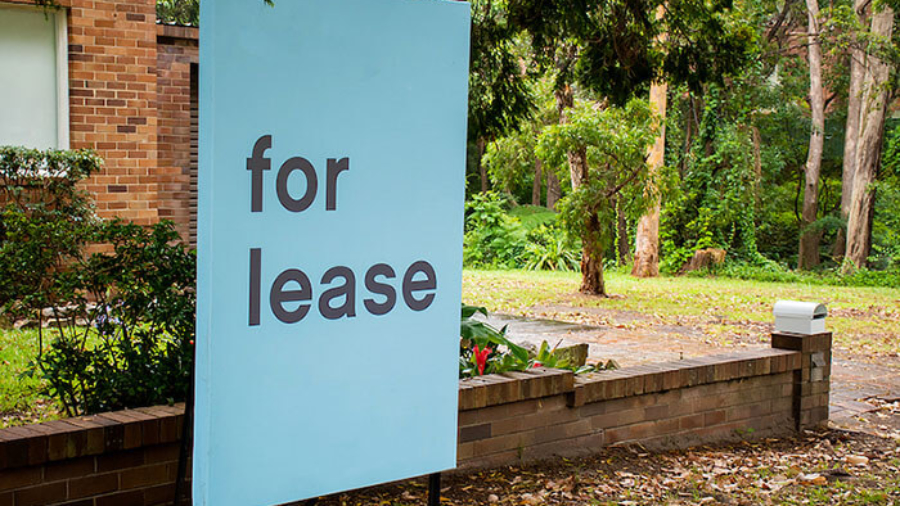Though cannabis growth in the City & County of Sacramento is legal to an extent, once it exceeds the legal limit of six plants, the landowner becomes subject to large fines. These fines are difficult to fight off without an attorney that has substantial experience in cannabis appeals.
Sacramento City & County ordinances make it illegal to grow more than six plants per residency
In an attempt to curve the organized crime that is often associated with illegal cannabis, Sacramento has signed an ordinance restricting residential grows. Sacramento residents can grow only six or fewer cannabis plants on their property. Each additional plant adds a $500 fine in Sacramento City, and $1,000 in Sacramento County.
This might sound straightforward, but when tenants are the ones growing cannabis, the blame gets shifted to the legal owners of the property: landowners. The tenants might get cited with a misdemeanor, but the landowners are the ones who have to pay the fines. Large operations can total six-figure fines, with several cases breaching a million dollars. In just two years, from August 2017 to August 2019, Sacramento City issued landowners a total of $90 million fines in illegal cannabis cultivation.
Landowners are fined even if they’re innocent
The ordinance clamps down on any illegal cannabis grow. It states:
No person shall own, lease, occupy, or have charge or possession of any property upon which cannabis is knowingly or unknowingly being cultivated, except in accordance with the following:
A. Chapter 5.150 (cannabis businesses).
B. Section 8.132.040 (residential cultivation of cannabis).
Unless landowners are leasing to a legal business, or have tenants following the six-plant restriction, they will face fines. These fines are difficult to fight without an attorney specializing in cannabis law because the appeals process takes inspiration from the quick structure of parking ticket appeals. The informality of cannabis appeals makes it near impossible for landowners to defend themselves without legal representation.
Most landowners who represent themselves leave court without dismissed fines. And in many cases, landowners with no representation are given only weeks to pay off the fines—or risk losing their property and savings.
If you’ve been cited for your tenants’ illegal cultivation of cannabis, call Alves Radcliffe, LLP at 916-333-3375 or send us an email. We have over 25 years of combined experience, and serve clients throughout Greater Sacramento, Northern California, and the San Francisco Bay Area.


